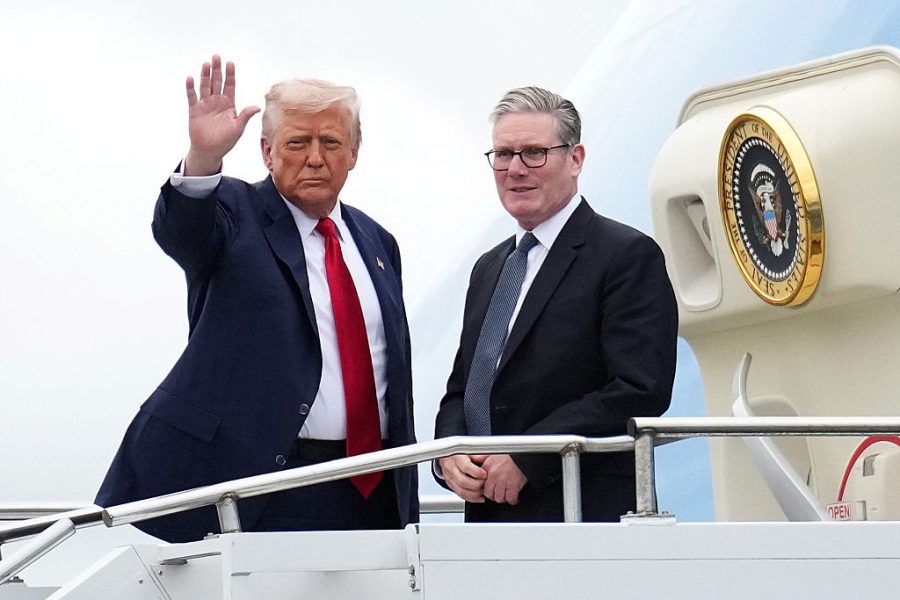Over the course of President Trump’s state visit, we can expect lots of investments by the giants of American industry to be unveiled. Microsoft will announce $30 billion (£22 billion) of investment in new artificial intelligence hubs and tech infrastructure. Google will pump £5 billion into AI in Britain, which presumably means getting some robots to sit in the British Library reading room for a few months until all the content has been scraped. Perhaps by the end of the week, even McDonald’s will have announced plans for a new food court on the A30. But for all the celebration, there will be no progress on the only deal that matters – and that will prove very expensive for the taxpayer indeed.
Most of the ‘deals’ announced on occasions such as this week’s state visit by Trump involve a lot of PR spin and typically consist of several years’ worth of normal maintenance and capital spending rolled up into one big number. There may be some genuinely new money coming into the UK. But it will be far less than some of the headlines suggest.
As so often with Sir Keir, things have not worked out as planned
Of far greater significance will be what is missing. It now looks certain that the United States will make no further concessions on steel tariffs. When Britain’s trade deal was announced earlier this year, Prime Minister Sir Keir Starmer said it would ‘remove tariffs on British steel and aluminium, reducing them to zero’. But as so often with Sir Keir, things have not worked out as planned.
It turned out that ‘zero’ would only apply to a small quota of steel, and given the US now imposes 50 per cent levies on the metal, the UK looks like it will settle on 25 per cent across the board for our exports. It is better than the 50 per cent other countries will face, but it is still a punitive level, especially given that our steel manufacturing, paying our sky-high electricity prices, is not exactly cheap in the first place.
That matters for two reasons. First, unlike all the heavily spun AI investment, a zero-tariff deal on steel would have made a real difference. It would have made the UK far more competitive in the world’s biggest market. Any hope of that has now evaporated. Next, it will prove expensive. The government has already taken control of British Steel, as well as Liberty Steel – the third largest company in the sector. It might plan to sell them on, but given that there are no buyers, half the industry will effectively end up owned by the state. The businesses were already struggling and barely viable.
A better deal on tariffs with the US might have made a real difference to them. But the government has failed to secure that – and even worse, the taxpayer will now end up with the losses.






Comments